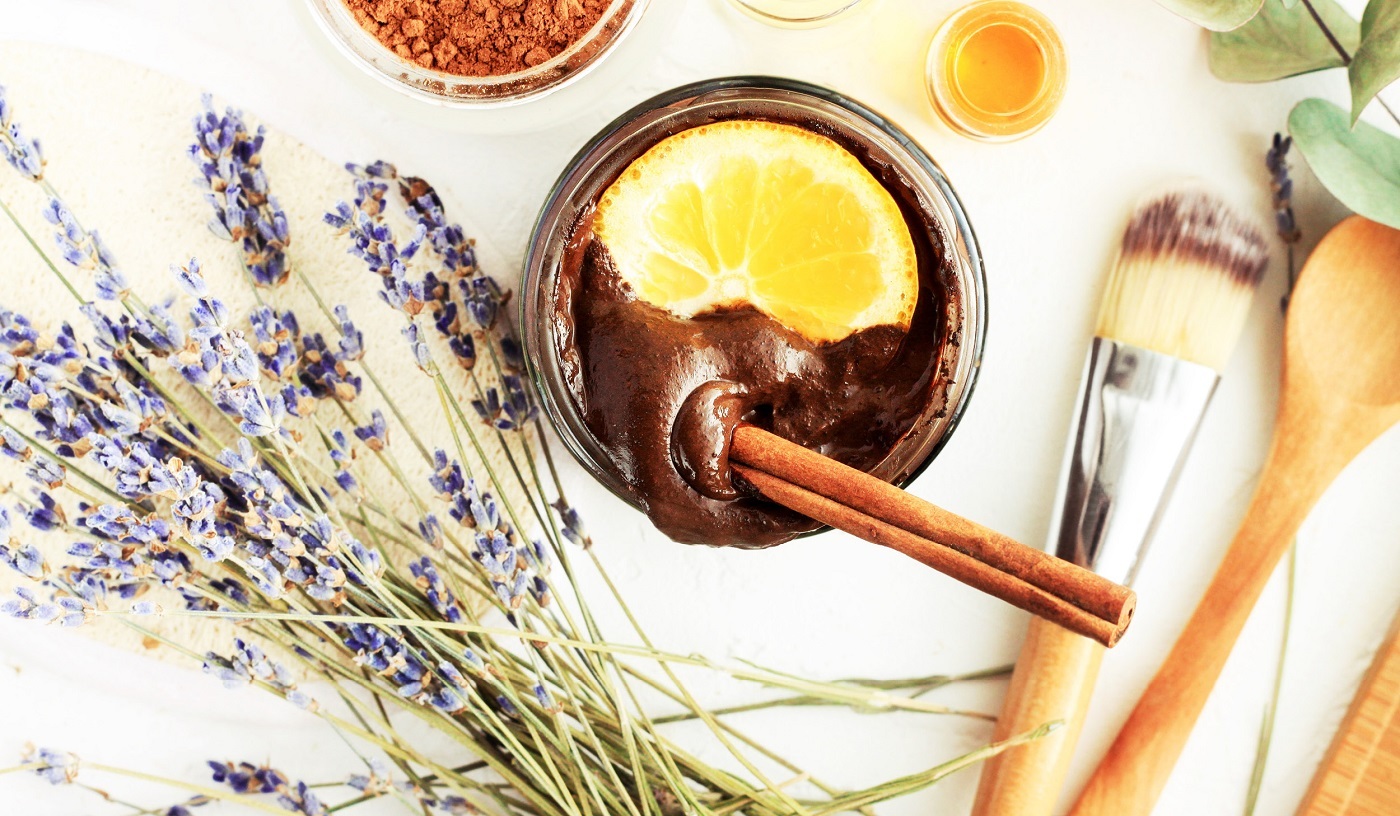Rise of Natural Ingredients in
Asia’s Beauty Industry
2021/11/17

Photo by Anna Ok on Shutterstock
Rise of Natural Ingredients in Asia’s Beauty Industry
As the awareness of the harmful effects of some synthetic products increases globally, people have become more cautious about the ingredients in their beauty products.
This knowledge, along with the push for sustainable and environmentally friendly products, has led manufacturers to formulate and produce beauty products that meet consumers’ dynamically evolving beauty needs. As a result, beauty products formulated with natural ingredients – otherwise known as organic or clean beauty products – have seen increased demand.
On a global level, the natural and organic beauty market was valued at US $38.2 billion in 2020. With the rising popularity of this industry, it is expected that by 2027 the market will be worth US $54.5 billion. The Asia-Pacific region is contributing significantly to this healthy growth, and it is considered to be the fastest-growing natural beauty market. Consumers from countries like Japan, China, South Korea, and India are seeking synthetic-free beauty products, from make-up to skincare.
Within the natural and organic beauty market, natural cosmetics are of paramount importance as they are a significant contributor to the industry, especially in Asia. Driven by a considerable majority of working Asian women, the Chinese market is projected to contribute US $7.4 billion to the sector by 2027, with an estimated CAGR of 12.75% between the years 2020 and 2027. According to a Euromonitor study, among all the varied consumer groups surveyed, Chinese beauty product consumers are leading the way in prioritising products with all-natural ingredients.
In another study conducted by GlobalData in 2019, a significant 65% of APAC consumers indicated the importance of health and well-being when purchasing beauty products. These strong figures coming out of Asia-Pacific have made beauty companies set their sights on the region regarding organic and natural beauty products.
For example, Unilever’s Indian headquarters is formulating beauty products that feature natural ingredients. Using formulations that include apple cider vinegar, onions, and other Ayurvedic alternatives to cater to Indian demographics, the products have shifted significantly towards natural options compared to the synthetic products that have been in the market for years. With the success and popularity of its natural brands, such as Simple and Love Beauty and Planet, Unilever has seen an increase in demand for its natural beauty product ranges, which it aims to enhance.
Another beauty giant, L’Oreal, which is highly sought after in the APAC region, has been running L’Oreal Innovation Runway for the past couple of years, allowing beauty industry start-ups a platform to create sustainable and environmentally friendly products. This project is considered L’Oreal's bid to become part of reshaping the beauty industry in line with consumer needs. L’Oreal has also announced that in the next 10 years this iconic name of the beauty industry will ensure that 95% of its ingredients are natural and sustainable, and it is investing accordingly to make this a reality.
With the continuous demand for natural ingredients in beauty products, especially within the APAC region, it is to be expected that more manufacturers and beauty giants will reconceptualise their products to meet the demand, making this an extremely lucrative market for the future.
